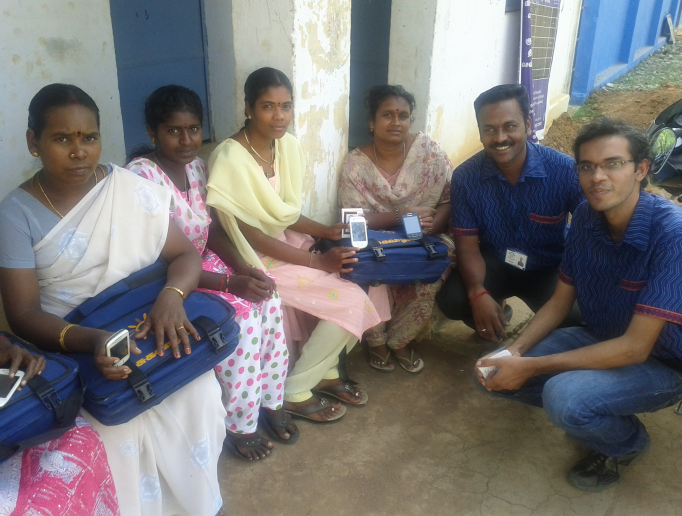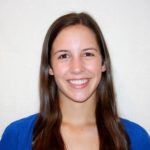Three weeks ago, I arrived in India for the first time, eager to gain as much exposure as possible to social entrepreneurship in a country bustling with entrepreneurial spirit. I got this chance through an internship with Villgro Innovations Foundation, an incubator for early-stage social innovation. Excited and a little nervous, I wasn’t exactly sure what my experience would be. Two weeks ago, I had the opportunity to spend an afternoon with Artoo, which is one of the social enterprises that Villgro supports. The visit taught me two lessons: first, talented social entrepreneurs are in abundance in India, and second, they work with an authentic commitment to serving the poor.
The problem that Artoo strives to solve is not one that I was familiar with before arriving in India. I learned that loans from financial institutions are less accessible to bottom-of-the-pyramid (BoP) populations in India (and other low- and middle-income countries) in both urban and rural settings because of systemic and physical barriers. Financial institutions have a network of field agents in place to increase the accessibility of loans for BoP populations, but the paper-based process that field agents rely on is inefficient and is typically stunted by avoidable delays.
Artoo is tackling this inefficiency by providing a paper-free, mobile-based platform for field agents from financial institutions to help them reach BoP populations. The digitization of the loan process avoids delays encountered in the paper-based process, like transportation time. The platform includes digital tools to cover each step involved in the provision of a loan, with specific products designed for financial institutions and their field agents to monitor the transaction.
Touring around the Artoo office, I was impressed by the level of talent of the people I met. Anubhav, a data analyst, showed me extensive and dense sets of data collected for each of Artoo’s customers each month to analyze field agent performance and productivity. Filled with graphics and lots of numbers, it was evident that the financial institutions that Artoo serves are well-informed. Shilpa, Artoo’s only in-house designer, showed me her hand-drawn mockups for the design of the Artoo website, and then demonstrated how she turns those designs digital. The attention to detail was impressive. Then I was led into a room with about a dozen people sitting in front of computer screens filled with code. Each developer described what he was working on before turning back to type out seemingly endless lines of code on his screen. The room gave off the impression of a well-oiled machine, with each person contributing to the smooth overall operation. By the end of the tour, it was obvious to me that Artoo employees are capable and skilled.
Discussions with my hosts, Thuy and Mradula, and Artoo’s co-founder, Sameer, demonstrated the company’s commitment to serving BoP populations. The energy with which Thuy and Mradula explained the problem that Artoo tackles, and its solution, was exuberant; their eyes lit up as eager smiles spread across their faces. Talking with Sameer about his strategic vision for Artoo and the opportunity he recognizes to make a meaningful difference in the lives of BoP populations was inspiring. It was invigorating to engage with people who clearly care deeply about serving BoP populations.
I am grateful to the folks at Artoo for hosting me and helping me understand part of the social entrepreneurship ecosystem in such a vibrant country as India. The lessons that I learned from my visit to Artoo provided me with the experience I had hoped for as I planned my trip to India, and the opportunity to gain this exposure firsthand is invaluable for me as I continue to explore social entrepreneurship. I am especially excited for Artoo’s future, because my visit showed me that Artoo has some of the key tools for success: talent and passion.
About the author:
Rebecca Singer | Villgro’s Intern
Rebecca Singer is a budding social entrepreneur interning at Villgro Innovations Foundation, an incubator for early-stage social innovation. Rebecca is currently completing her studies at Princeton University, USA, where she studies Music.

